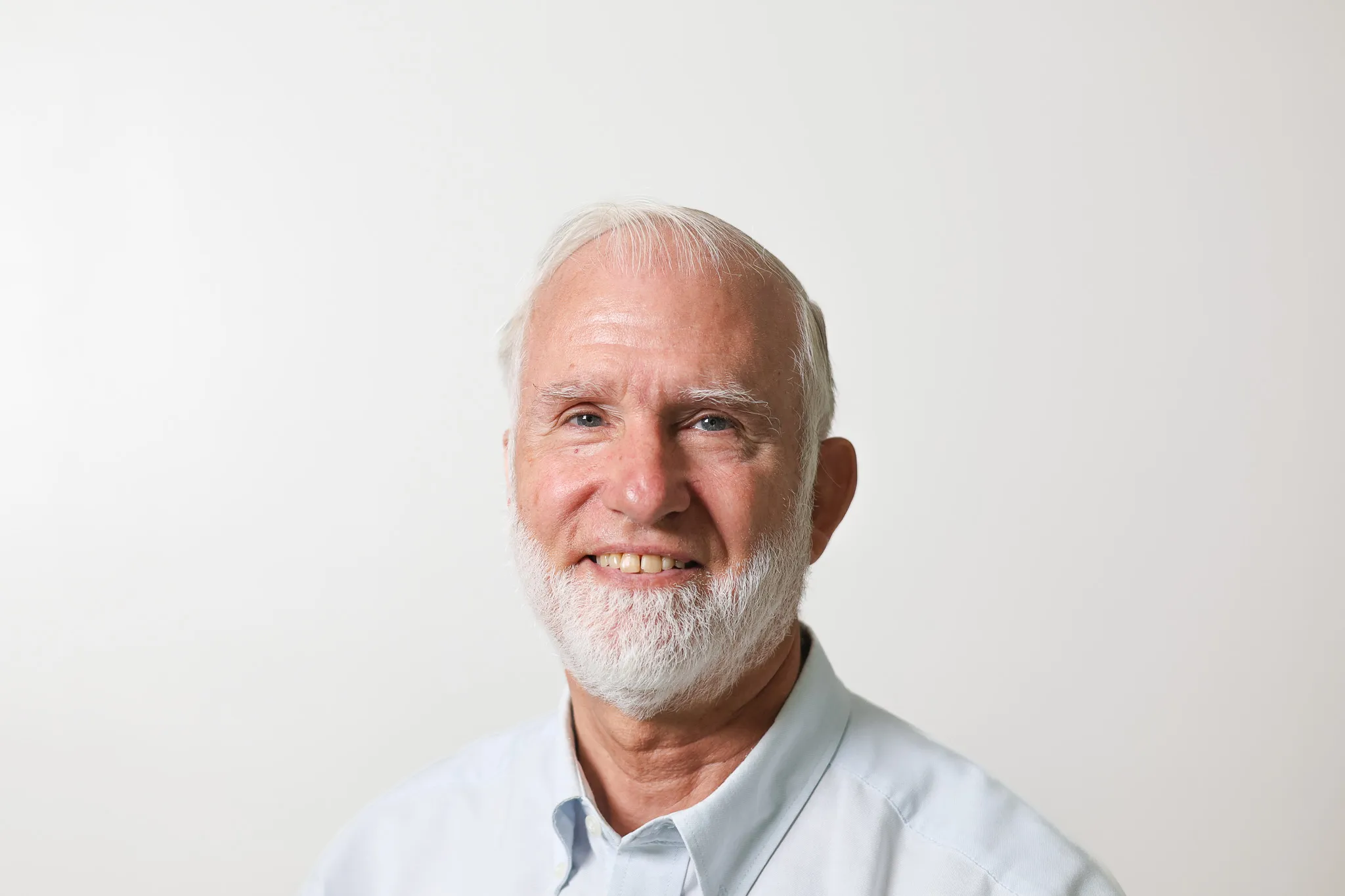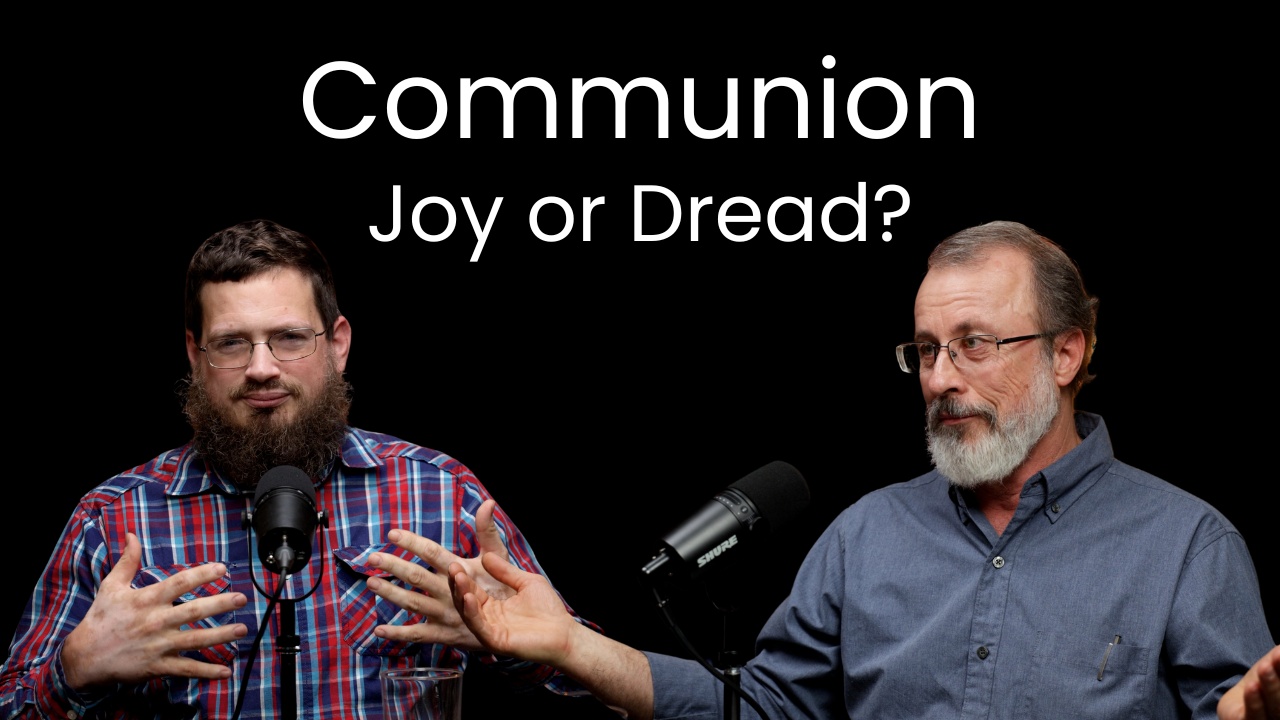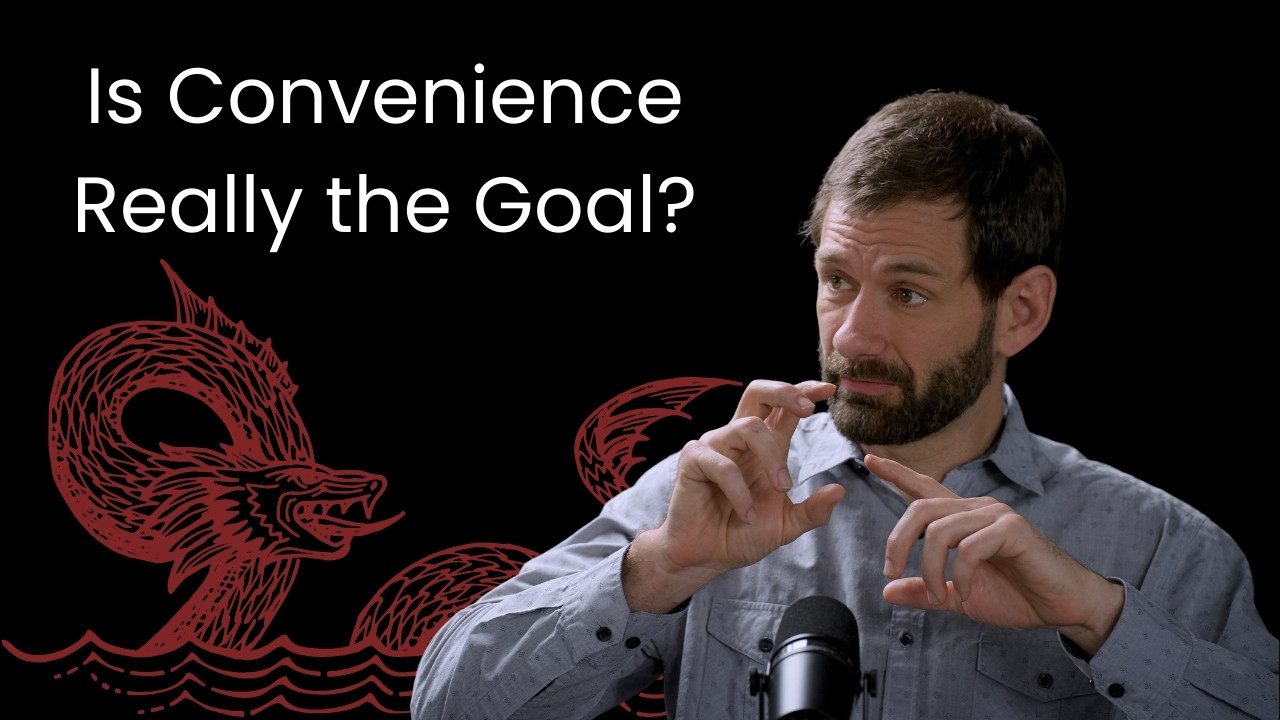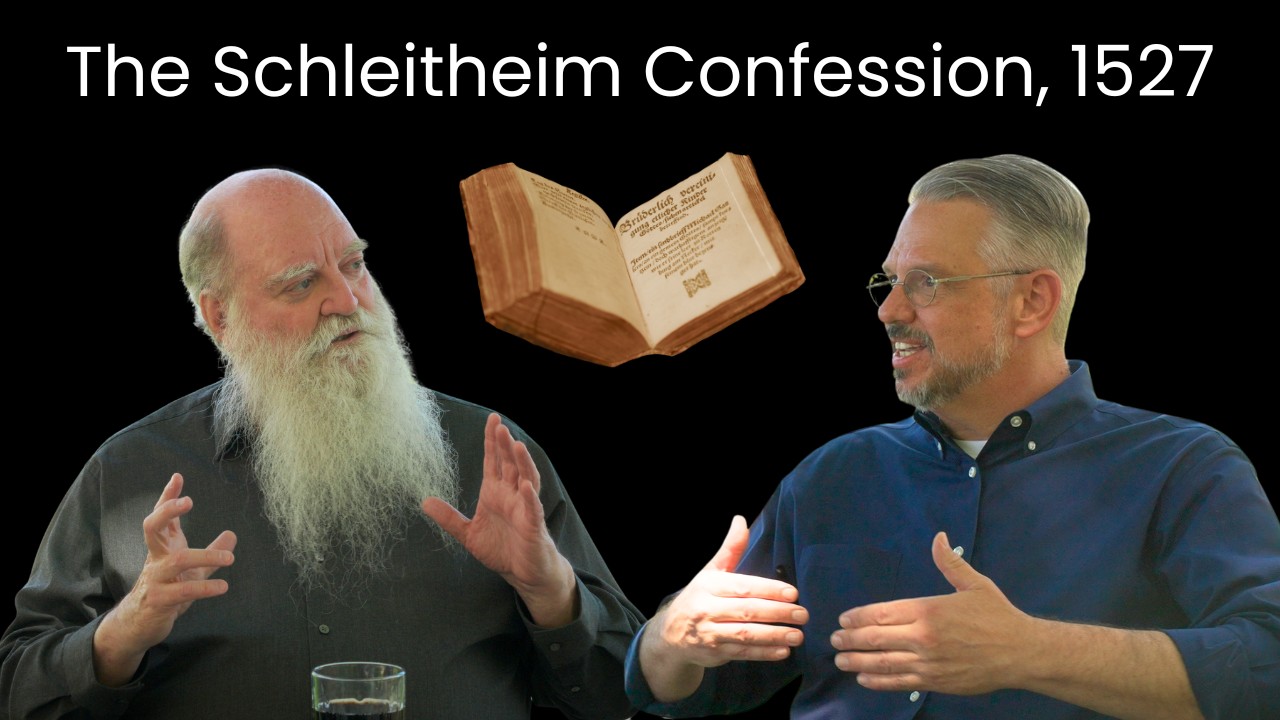The Power Question, Gelassenheit, and Koinonia
Jesus said, “Watch out for those Pharisees; watch out for their teaching.” Later when asked by the disciples who is greatest in the Kingdom of Heaven, Jesus set a little child among them. When the mother of Zebedee’s boys requested a power position, Jesus said, “You do not know what you are asking.” Accompanying His object lesson with the little child, He said authoritatively, “Be child-like.” In other words, power questions have no place in His Kingdom. The Rich Young Ruler simply walked away sorrowfully.
By contrast Jesus made a power statement one day, “When I be lifted up from the earth, I will draw all men unto Myself.” Sounds like a power statement! What did He mean? Something is upside down.
And then He said in Matthew 18:1-9, “Whoever interferes with this admirable child-likeness should be drowned!” He followed that astonishing statement with another, “This kind of interference will surely happen, but woe to the power move which destroys child-like trust.” And then He followed those two astonishing statements by an even more astonishing one, “It is better to be maimed and blind than to ever do such a thing!”
What is going on here? Jesus simply comments that angels who gaze at the face of the Heavenly Father are involved with child-like people. The child-like people are the found people and Jesus Christ Himself sets out to find even more. It is not God’s plan that any child-like person be lost. As long as the gaze upon the Father’s face continues, no child-like person will be lost. The Heavenly host is composed of beings who experience gelassenheit.
Why is this happening? Jesus comments that where two or three people are gathered in His name, He is present with them. Now not just any gathering of two or three explains why He is present. Two or three child-like persons, communicating with each other, sharing burdens with each other, fellowshipping at heart levels, together reverently obedient, exhorting and encouraging each other, rebuking sin in each other, praying together, working together, trusting each other, blessing each other, forgiving each other, learning together sorrowing together, and more explain why this is happening. Gelassenheit.
Collective gelassenheit, collective child-likeness has been known to history as koinonia.1
Koinonia is so precious that it must be preserved at all costs. A sinning brother is approached privately, then semi-privately; usually that is sufficient. By its nature Koinonia compels human beings to retain it; to lose it is to suffer the loss of gazing on the face of the Father. To lose it is also to lose the joyous opportunity of gazing upon other child-like souls.
Nobody needs to be persuaded that koinonia is a good idea; human beings already know this in their bones. Most human beings unconsciously seek koinonia in marriage, the very closest human bond. Some find it; most do not.
And then authority enters into koinonia, not from without but from within. Koinonia is its own authority because in gelassenheit it naturally agrees with the Divine in all matters, spoken and unspoken. No coercion, no reluctance, no timidity. Powerful, quiet, and unperturbed.
Why? Unlimited forgiveness for human sin, unfailing trust while quietly waiting before the thrice holy God; and joy so deep that it cannot be fathomed. Koinonia is where God is found on earth.
The Scripture says that when Jesus finished His teaching on koinonia, great multitudes followed Him. We understand why. Who would not be fascinated with this non-power teaching? Who would not desire to learn more about it? Who would not desire the experience of koinonia?
The Pharisees, the power people. The rich young Ruler. Zebedee’s wife. Conditions are no different today.
The koinonia blind still desire to be served. The koinonia blind still seek power. The koinonia blind still grasp for wealth, for more and more things. The koinonia blind still remain locked up in their own little selfish prisons, totally uncomprehending koinonia freedom and koinonia treasure. Yet all the while the koinonia blind still desperately seek koinonia reality.
Koinonia exists at the very center of the Doctrine of the Church. It is both the foundation and the focus point of the Doctrine of the Church. Yes, Church can function organizationally without koinonia. We can gather Sunday after Sunday without koinonia. We can sing, pray, and preach without koinonia. Mechanics are mechanics and machines (technology) can manage quite awesome feats. But not koinonia. Koinonia is divine.
Please allow me to conclude by considering Zebedee’s wife’s power question. Kneeling before Jesus she humbly requested that her sons enjoy power positions on the left and right hands of Christ in His Kingdom. He responded by saying that she did not know what she was asking. He asked her if she was able to drink the cup of suffering just before Him and whether she was willing to be baptized with His kind of suffering. She and her two sons declared, “We are able.”
Jesus noted, “This will happen to you.”
But then He said, “The power positions are not power positions. God Himself will fill those positions with His own choices.” And then He hinted at the kind of occupant of those positions. He said, “Those who desire power positions must learn how to work at the bottom, must learn how to serve, must learn how to occupy the very opposite of a power position. They must learn what gelassenheit really means.”
Let me sum it up, “The people who know what gelassenheit really means are the same people who understand what koinonia means.”
ENDNOTES
1“Close (communing) fellowship” is the traditional English rendering of this New Testament Greek term. Return to context⬏








Leave a Reply